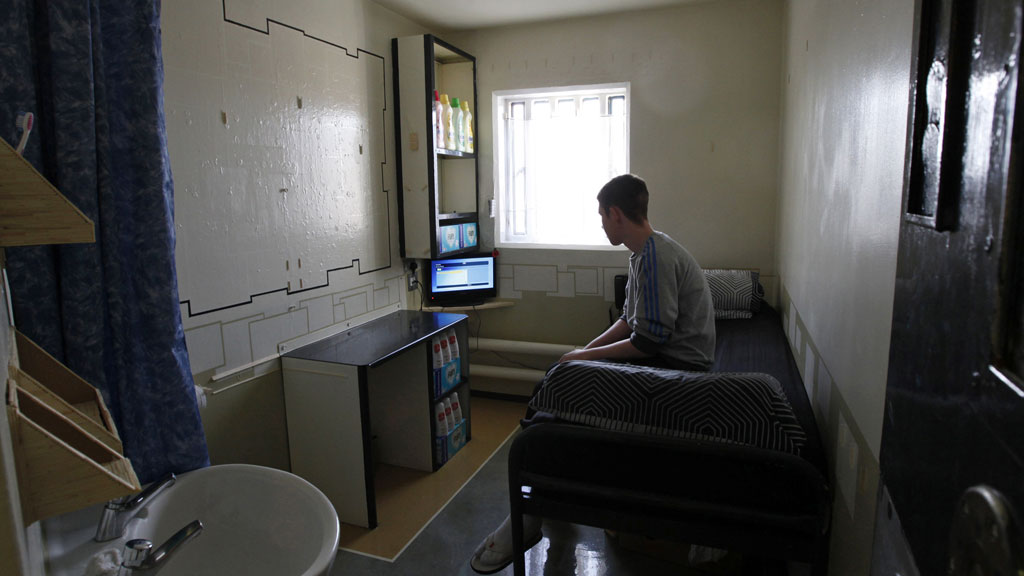Votes for prisoners: the key questions
As the deadline nears for Britain to reverse its blanket ban on votes for prisoners, Channel 4 News considers the government’s options.

The government is under pressure from the European court of human rights (ECHR) to take action by Friday, despite the resistance of MPs.
What is the government doing?
Today, Justice Secretary Chris Grayling will make an oral statement in parliament. It is thought that he intends to publish draft legislation setting out three options.
These options are reported to be: the retention of the ban, which was ruled illegal by the ECHR in 2005; giving the vote to prisoners serving up to six months, and allowing those serving up to four years to vote.
What do MPs think?
Last February, the Commons voted by 234 to 22 to retain the ban. David Cameron once memorably said that contemplating votes for prisoners “makes me physically ill”.
He told MPs last month that “no-one should be in any doubt – prisoners are not getting the vote under this government”.
If parliament and the PM are opposed, why is Chris Grayling taking action?
Because he has to if he wants to comply with the ECHR. But Mr Grayling has said parliament can reject the court’s ruling.
What do the government’s law officers say?
Attorney General Dominic Grieve said on Tuesday that ignoring the ECHR “would be a serious matter because it would place the UK in breach of its international obligations, to which it is a signatory”.
What does the Labour leadership say?
It wants to retain the ban. Shadow home secretary Yvette Cooper has said that a parliamentary vote would strengthen Britain’s hand in its negotiations with the ECHR.
What about prison reformers?
Juliet Lyon, director of the Prison Reform Trust, has questioned whether it would be “wise for the government to flout international law, face a substantial fine and millions in mounting compensation claims”.
She has argued that “a 19th century penalty of civic death makes no sense in a 21st century prison system whose focus is on rehabilitation, resettlement and the prevention of re-offending”.
What do voters think?
Polls show a majority are opposed to giving prisoners the vote.
And the ECHR?
The Strasbourg-based court says individual countries can decide which prisoners should be denied the right to vote from jail, but cannot impose a blanket ban preventing all of them from voting.
So what are MPs likely to do?
When a vote is held, they are likely to support the continuation of the blanket ban.
What could the ECHR do?
The court has the right to fine Britain if it refuses to do anything. According to the solicitors Leigh Day and Co, who are representing 500 prisoners denied the vote, the government is currently facing a compensation claim “running into the millions”.
Another argument against flouting the ECHR’s ruling is that Britain’s reputation would be damaged.
By publishing a draft bill, the government could argue that it is giving MPs an opportunity to change the law, but that scrutinising legislation takes time and cannot be rushed.
In this way it could buy itself more time, regardless of Friday’s deadline.
-
Latest news
-
Yungblud launches his own affordable music festival5m

-
Why these Americans want to quit their state9m

-
Company behind infected water outbreak are ‘incompetent’ says local MP5m

-
Israeli forces push deeper into Northern and Southern Gaza4m

-
India’s ‘YouTube election’: Influencers enlisted to mobilise youth vote6m

-




